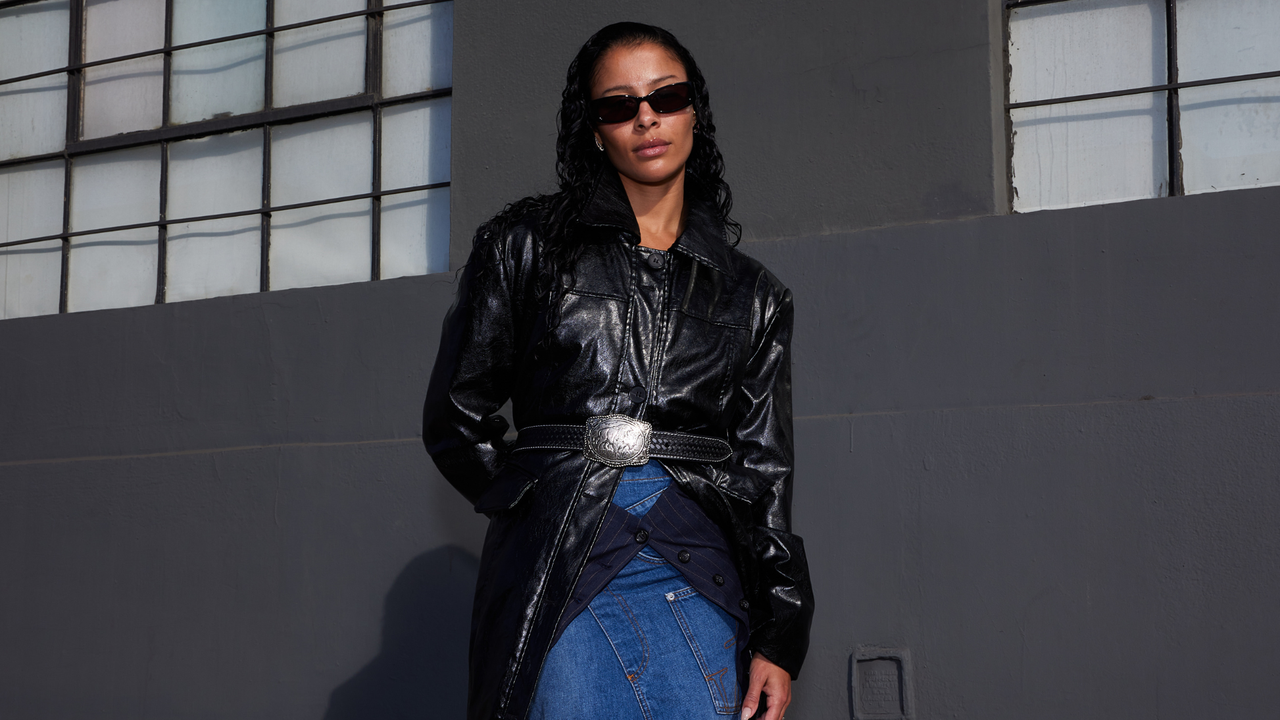Tech
Some Brief Follow-Up On AirPods Pro, Hearing Aids, And Perpetuating Stigmas

The hearing health features for AirPods Pro will be released October 28.
It’s time for me to indulge in a big ol’ slice of humble pie.
Despite standing by the reporting in my first look published today at the hearing health features coming to AirPods Pro next week, I’ve received a fair amount of pushback from readers who lament some of the insights I shared in my original story. Upon further reflection, I’ve decided to take this constructive criticism and offer regular readers the following few paragraphs as a mea culpa of sorts after what’s been a whirlwind day.
Let’s talk AirPods Pro compatibility first. I wrote “my understanding is the hearing health features work only with the USB-C AirPods Pro, not the Lightning version.” Apple, after last month’s event and since, has repeatedly emphasized to me the hearing health features were designed for the AirPods Pro 2—for simplicity’s sake, the ones with the USB-C port in the charging case. That’s the model the company currently sells and references in its marketing material for the new hearing health functionality. On social media, my mentions were flooded with messages about how other reporters with early access to the pre-release software, like my friend Jake Krol at TechRadar, explicitly states the hearing aid feature indeed does work with the original, Lightning-equipped AirPods Pro. My low vision can’t find any such verbiage, but suffice it to say, my curiosity was piqued and I dug out my Lightning AirPods Pro to see if I missed something. Lo and behold, when the earbuds paired with the iPhone 16 Plus on which I performed the testing, the options for taking the hearing test appeared—and I took it, twice. The software worked swimmingly. Take this information as you will, but it did surprise me. All I can tell you is I shared in my original report merely what I knew: AirPods Pro 2 with USB-C is the primary driver for these features.
The journalistic lesson is a good one: I was reminded to trust but verify.
Now onto inserting my foot into my mouth. I apparently rightfully ruffled a lot of proverbial feathers when I wrote traditional hearing aids are “unsexy” devices which are “beige, bulky, and boring,” I left out a crucial adjective. What I should have said, which immeasurably improves the accuracy of my proclamation, is traditional prescription hearing aids are unsexy and all. The prescription hearing aids of yesteryear were in fact beige and bulky; the truth of the matter is hearing aids have evolved considerably. There are companies like Okra, whose co-founder Ben Sun is an Apple alum who worked on, amongst other things, the keyboards and trackpads on MacBooks, have built incredibly modern, forward-thinking hearing aids that take clear design inspiration from AirPods. I’ve interviewed Sun and team on multiple occasions for this column. What’s more, I neglected to mention the longstanding Made For iPhone hearing aid program that allows third-party manufacturers like Starkey to integrate their devices with an iPhone.
Everything else I wrote about the societal stigma around hearing loss and hearing aids I stand by. Apple’s entrance into the over-the-counter hearing aid market is a huge development. Soundly’s Blake Cadwell said it perfectly when he told me, in part, that “the hearing feature in AirPods Pro marks a milestone in culture’s acceptance of hearing aids and hearing loss as a more normal part of daily life.” My mistake laid in being careless with my written words despite my every intention of conveying that, yes, it is prescription hearing aids that have historically been lackluster and, again to crib Alton Brown, a unitasker. Hearing aids have evolved to become evermore computer-like—and Apple’s outsized presence will help accelerate that largely because, as I wrote, AirPods are part of the cultural zeitgeist in a way hearing aids never have been.
I want to be clear here: I’m clearly not perfect. I’m human and I make mistakes. Despite my lived experiences as a lifelong disabled person, along with growing up as a CODA, means my life has touched nearly every inch of disability there is, I don’t presume to be an oracle. I’m not all-knowing and I don’t presume to be a spokesperson for disabled people everywhere. As a reporter, I strive for accuracy and transparency to my readers. On balance, I like to think I do that with aplomb most days. Today, I stumbled some and here I am, genuinely apologizing.
Hat in hand, this short piece is my way of saying I’m sorry.








